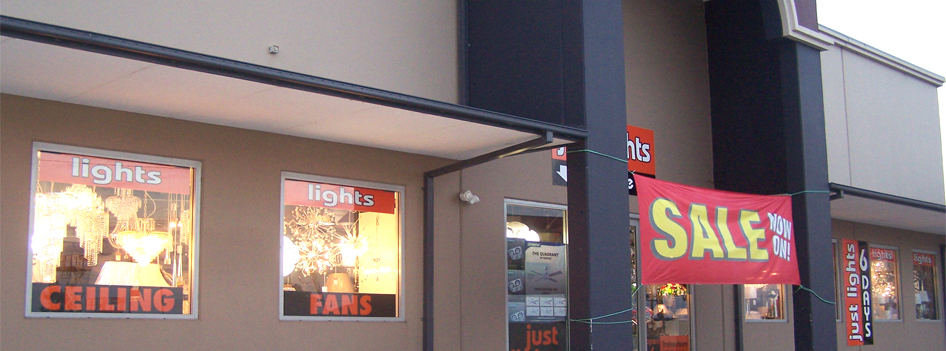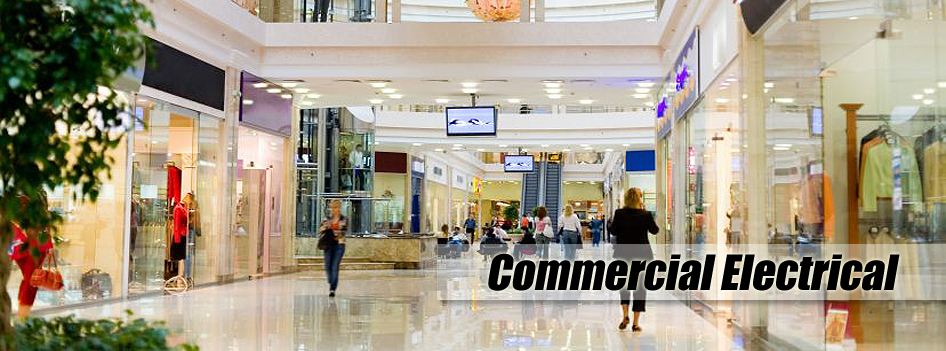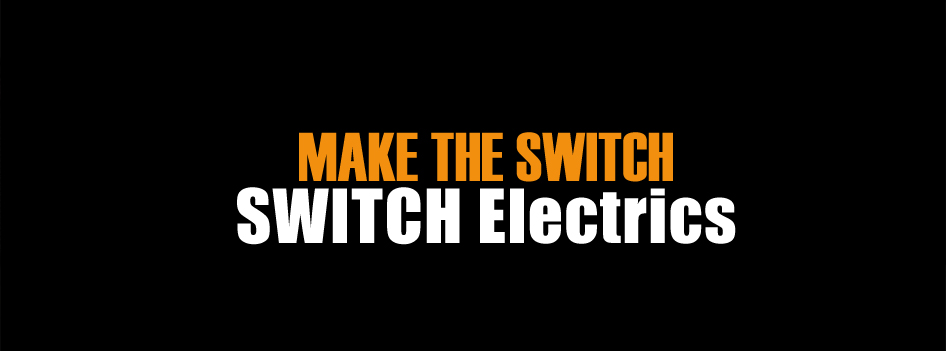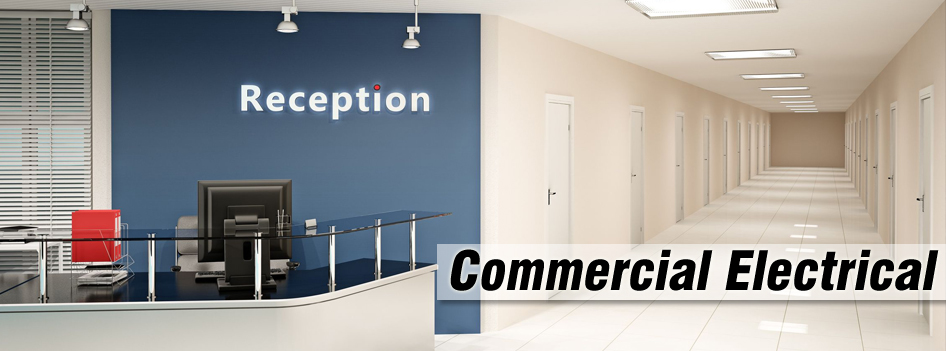Lighting in Commercial Enterprises
Commercial lighting refers to the lighting systems used in offices, super markets, hospitals and other non residential premises. The choice of lighting equipment depends on the needs of building occupants and the visitors to the facility.
 commercial lighting installation
commercial lighting installation

The overall
look and design of lighting devices does matter and the lighting plans are
formulated by building architects and interior designers in consultation with
electrical engineers.
The
requirements of commercial premises differ as per the nature of the
organisation. For instance, the kind of lights to be installed in a hospital
will be much different from those of a super market store. The lighting energy
requirements depend on the amount of floor space to be lighted, the duration of
lighting use, the illumination level and the efficiency of lighting equipment
in utilizing energy to produce light.
Tubular
fluorescent lights are commonly used in most commercial facilities. Typically
recessed into suspended ceilings, the fluorescent lights are often covered with
a frosted or textured lens. The number of bulbs fitted in a standard
fluorescent light varies between one to four. Being durable and energy
efficient, fluorescent lights are used in many offices and contact centres that
work round the clock.
Incandescent
lighting is one of the oldest lighting systems used by commercial enterprises.
These lights are used in form of recessed down-lights, desk lamps and over head
fixtures.
The
incandescent bulbs have a relatively short life span and are inefficient as
compared to fluorescent lights. Despite the shortcomings, they are often used
as decorative commercial lighting fixtures in hotels and restaurants. Their
ability to render warm colours effectively without ballast makes them suitable
for such applications.
Halogen
bulbs are commonly used for outdoor commercial applications. They may be used
for lighting in parking areas, lawns, gardens and pathways outside a commercial
building.
They
produce very bright, white light which is almost twice as efficient as
incandescent bulbs. A halogen bulb has a design very similar to that of
conventional light bulbs and consists of a tungsten filament but the exterior
covering is made of quartz instead of glass. Also, halogen bulbs use halogen
gas as against argon or nitrogen used in conventional light bulbs.
Compact
fluorescent is another lighting system used in commercial facilities. It is
based on traditional fluorescent technology but relies on a shorter internal
ballast.
This makes
it possible to install the compact fluorescent bulbs in a wide variety of
fixtures. This lighting system offers the same energy efficiency as tubular
fluorescent fixtures, but tends to produce a more natural, white lighting.
Compact fluorescent lights are now being used to replace incandescent bulbs in
down-lights, lamps and other task lighting applications.
Lighting
accounts for a large amount of electricity consumption in commercial buildings
and considerable energy savings are possible with the use of efficient
commercial lighting equipment and practice. A commercial enterprise needs to
use the most appropriate combination of lighting alternatives not only for
basic illumination but also to accentuate the look and ambiance of the facility.







